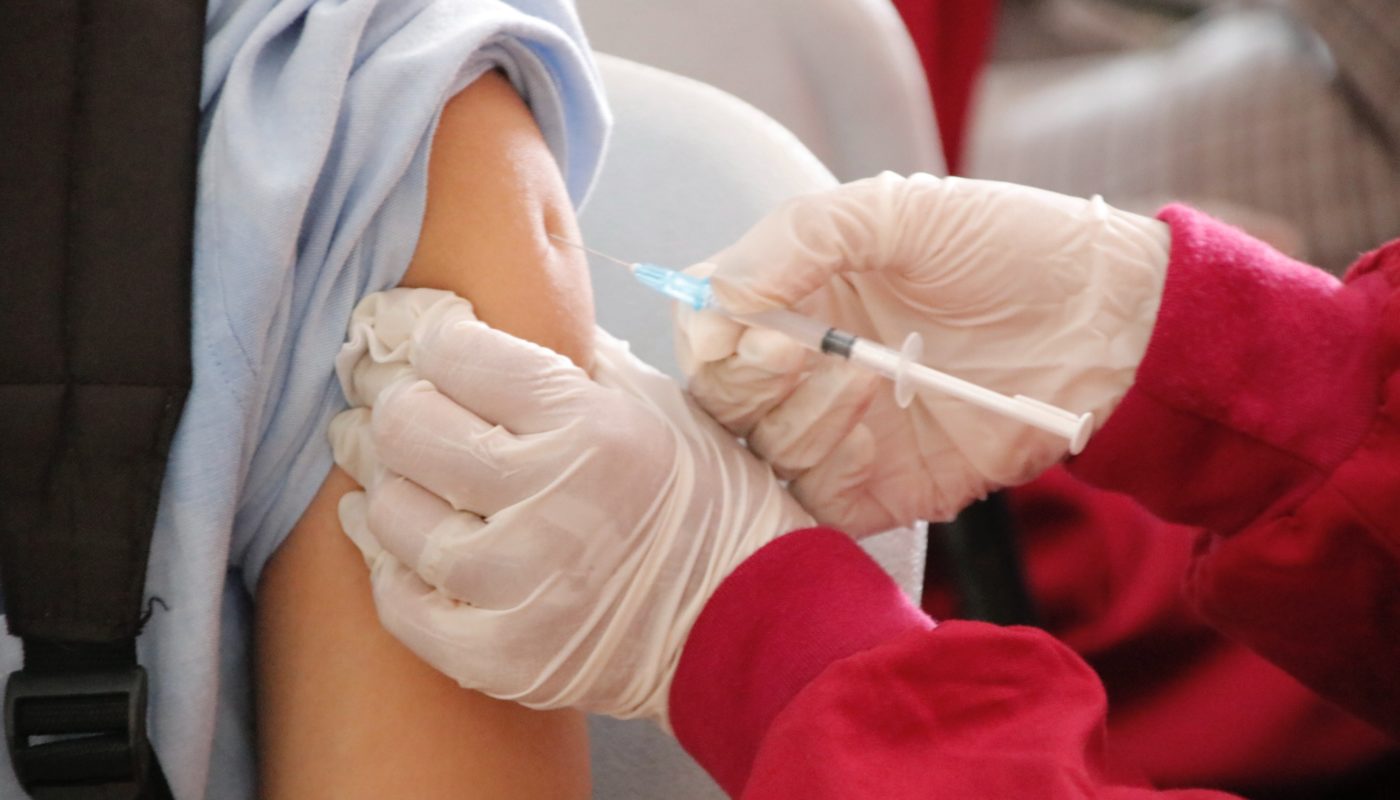Back in August of 2021, Capital University announced that all students attending the spring semester would be required to be fully vaccinated against COVID-19 by Dec. 17, 2021. There were, however, two exceptions to the rule: medical concerns and religious beliefs.
Those interested in applying for a religious exemption filled out a form and submitted it to COVID Response Team for review–a simple enough process.
Yet, there were concerns from students about the efficacy of the process. Some were concerned about the lack of a religious official in the review process, others heard rumors that every applicant was accepted regardless of reason.
To better understand the details of the process, the Chimes reached out to Pastor Drew Tucker and the University’s COVID Response Team for comment..
Tucker did confirm that he was not on the review board. He was never invited and did not push to be included. He did, however, help design the exemption form to ensure that requests were properly formatted. He also denied allegations of universal acceptance of religious exemptions.
He also spoke on some possible religious objections to the vaccine.
The first was the opposition to the use of stem cells or fetal tissue in the development or manufacturing of medicine, particularly for Catholics. Since replicated fetal cells were used in the research towards the Johnson & Johnson vaccine, a Catholic could be opposed to receiving it. However, other vaccines which did not use this technology would generally be more acceptable.
A second argument against vaccination in general is the objection to using “new” medical developments, a view particularly held by Christian Scientists.
The third opposition commonly held related to doing anything which might alter the blood; as Tucker explained, this belief is most prominent in the Jehoveh’s Witnesses, who identify blood as the source of life.
Tucker explained that these were some of the more common and established religious justifications for vaccine exemption, and were beliefs that have existed and have been established for years.
Tucker noted, however, that some exemptions against the COVID-19 vaccine in particular were based more so on personal conviction than on previously established religious beliefs. He said this stems from a sort of individualization of particularly Abrahamic religions in the U.S. rather than a stronger emphasis on group tradition.
“So one of the hard things is people say ‘Well you know the Bible says this’ but they’re part of a church that has never had problems with vaccines beforehand,” Tucker said.
This is why the form includes a requirement to describe one’s faith community to ensure students are citing legitimate reasons. The form also differentiates between exemptions for all vaccination and exemptions for the COVID-19 vaccine in particular to try to filter out inconsistencies.
There is also the notion that some students with political motivations could avoid vaccination by using religion as an excuse to avoid the mandate. Tucker did not have any proof this was happening but expressed that if this was the case that it would be disappointing.
“I think the danger of that kind of thing [is] if there was evidence to that, [it] points to an abuse of religion,” he said.
Tucker felt that while his presence on the board may have brought new perspectives, he doubts he would have gone against the decisions of the board, but for the sake of integrity, would want to be involved if there was an opportunity to do so in future.
Dr. Tanya Poteet, University counsel, also touched upon the processes of the review board. She disclosed the individuals involved in the decision making process, which were herself, Dr. Renee Dunnington, Capital’s COVID health advisor; Tracy Hoag, Capital’s lead COVID nurse; Matt Smith, Capital’s head athletic trainer; and Jon Geyer, director of residential and commuter life.
Poteet explained that Capital’s acceptance of religious beliefs is based on the broad language in the Civil Rights Act, which allows for beliefs held by even one person to be considered a religion if they are sincerely held and meaningful to them. They did note that political beliefs were not protected and exemptions would not be accepted for them.
There have been, at the time of their response, 223 requests for both medical and religious exemptions. Of these, 184 were religious, and 90% of those were approved.
Comparatively, of the 39 medical requests, only 62% were approved.
Because these exemptions are handled on a case by case basis, they did not track which religious tendencies were requesting exemptions, since adherence to organized religion was not required for an exemption.
This means we now know for certain that not every exemption request has been approved. We also know that relatively few students have even applied, since only 6.7% of Capital’s approximately 3,300 students have filed a request.

